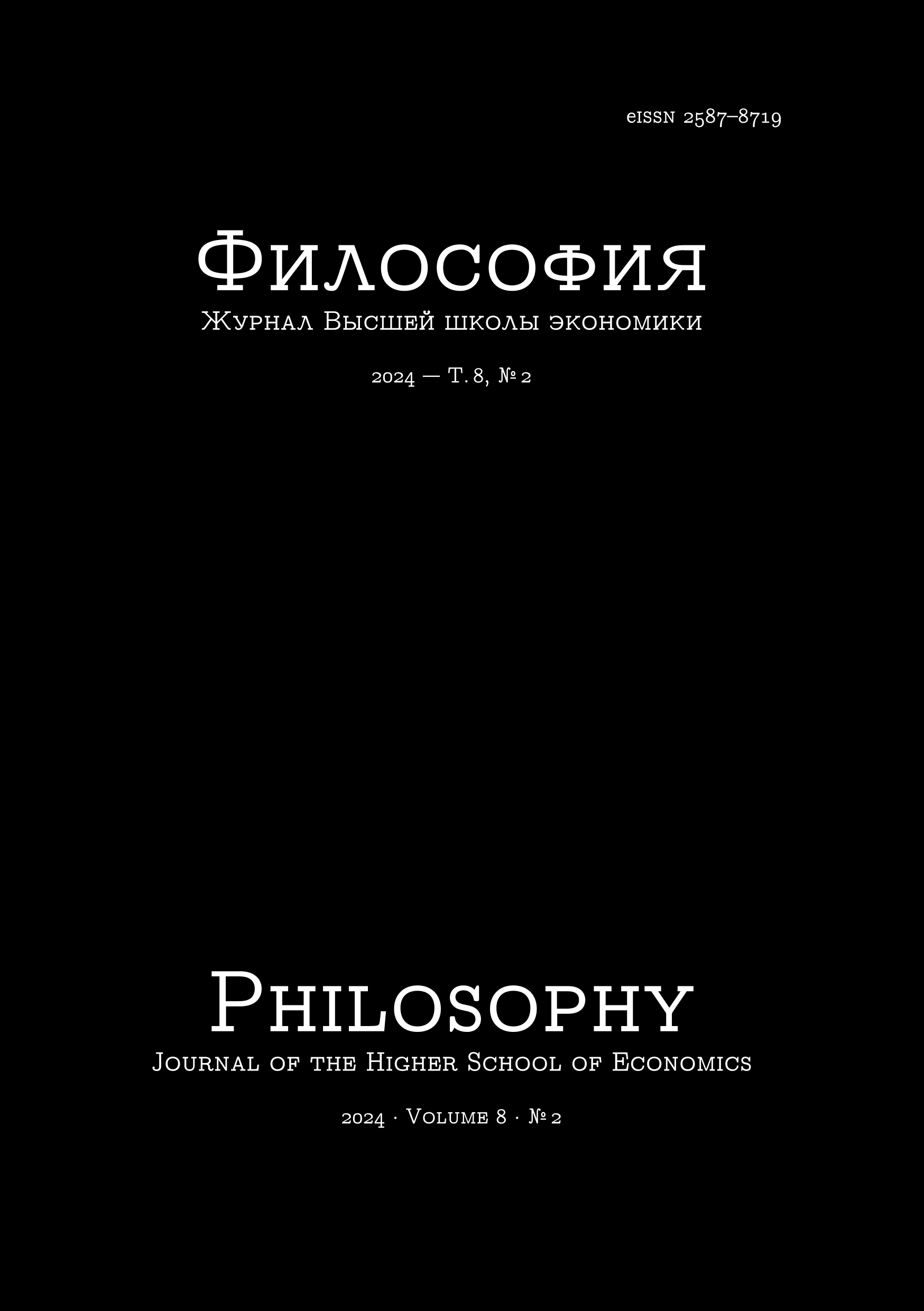From the Algorithmic Society to the Neganthropocene
Automation and the Future of Work in the Philosophical Thought of Bernard Stiegler
Abstract
Over the first decades of the 21st century, the issue of automation and technological unemployment has acquired high relevance for many spheres, including that of philosophical thought. A possible consequence of technological unemployment is the emergence of a “useless class” of people not participating in production, which brings to the fore both questions of the meaning of life and sources for activity in a future without work, and the problem of deepening inequality between the elite of creators and unemployed people left to their fate. In the article we address the identification of new prospects for human labor activity in the context of preventing the destructive social consequences of automation and technological unemployment in the philosophical reflection of Bernard Stiegler. The uniqueness of Stiegler's approach lies in the definition of automation as a technosocial force responsible for the disappearance of human intellectual abilities and the personal knowledge they produce, which, according to the philosopher, is a condition for any labor activity. To solve the problem of the negative consequences of automation and technological unemployment, Stiegler turns to such concepts as “proletarianization”, “pharmakon” and “neganthropocene”, the meanings of which are revealed in this study through the method of conceptual analysis. Based on this analysis, we can conclude that automation, contrary to generally accepted theoretical perspectives that view it primarily from its positive sides, as a means of emancipation from work, can lead to negative consequences for human existence. Stiegler sees the answer to automation in the socio-political project of the neganthropocene, based on the local and temporal interruption of automation, which should contribute to the preservation and reactualization of human intellectual functions. In turn, labor in the future will be able to cope with the challenge of technological unemployment if it is rethought outside of employment as a creative force aimed at maintaining and developing social complexity.
Downloads
Copyright (c) 2024 Philosophy Journal of the Higher School of Economics

This work is licensed under a Creative Commons Attribution-NonCommercial 4.0 International License.






